We are all aware of the increased interest in supplements of all types, but with all the information out there, it may be challenging for you to know which may be beneficial to your lifestyle and why. That’s why you have us! We’re going to break down all the ins and outs of collagen supplementation and do our best to answer all the questions you may have surrounding it.
What is it?
First, we should discuss what the heck collagen even is, right? Collagen is the most abundant type of protein in the body, making up ~25-30% of the total protein mass in human bodies. It is a non-essential protein, meaning our bodies can produce it but its’ production slows as we age.
Collagen can also be found in many foods – specifically animal proteins – and plays a critical role in the function and structure of many tissues, including connective, cartilage, bone, and skin.
Supplement Deets

Typically made from collagen peptides (collagen chains that have been broken down), a collagen supplement is derived from connective tissues of animals. As there are several different types of collagen, supplements vary in their source and type. For example, supplements made from bovine (aka cattle) are the most common and consist of types I & III collagen – largely promoted for the improved health of hair, skin, and nails. In contrast, collagen sourced from fish consists of type II collagen and is revered for cartilage and joint health.
What can it do for me?
Claims regarding the positive impact of collagen supplementation range from joint health and arthritis symptoms to skin health, weight regulation and muscle growth. While more research is needed to show if a given source or type of collagen supplement produces superior results over another, there are promising findings thus far.
Should I take it?
As with just about every nutrition question we are asked, it depends! Everyone is different and may see different results within his or her body and performance even when following the same routine as another individual.
One thing that we want to make very clear is that collagen is NOT a complete protein, meaning it cannot synthesize muscle production alone. This means we do not recommend it as a protein powder to be used post workout, keep your whey protein powders in the pantry for that! If you do decide to include a collagen peptide supplement, we recommend consuming it with vitamin C, for example mix the collagen powder into orange juice or a smoothie with fruits high in vitamin C, such as kiwi or strawberries.
Additionally, you cannot out-supplement a poor diet (and when I say diet, I do not mean any of the popular fad diets – I’m talking to you, keto – in the world today). Consuming a variety of macro- AND micronutrients through an assortment of whole foods is crucial to our overall health. Think about supplements as the icing on the cake and not the whole dessert, okay?
Special note for athletes: Recently, there has been supporting evidence that consuming 15g of collagen with 50g of vitamin C, about 30-60 minutes prior to training may increase the production of collagen following the training session. Improvements in function, pain perception and instability in ligament and joint damage – specifically in knees and ankles – has also been seen following this regimen.
With all of that said, while there are promising results in some studies, many of the studies were on the smaller scale and much research is still needed to be completed. Collagen can be a great addition to your regimen, but let’s focus on you current dietary and healthy lifestyle habits first!
Written By: Marissa Casella MS, LD, RD
References:
- Kirmse, Marius, et al. “Prolonged Collagen Peptide Supplementation and Resistance Exercise Training Affects Body Composition in Recreationally Active Men.” Nutrients, vol. 11, no. 5, 2019, p. 1154., doi:10.3390/nu11051154.
- Prowting, J. L., Bemben, D., Black, C. D., Day, E. A., & Campbell, J. A. (2021). Effects of Collagen Peptides on Recovery Following Eccentric Exercise in Resistance-Trained Males—A Pilot Study. International Journal of Sport Nutrition & Exercise Metabolism, 31(1), 32–39.
- Santa Cruz, Jamie. “Dietary Collagen — Should Consumers Believe the Hype?” Today’s Dietitian, Mar. 2019, p. 26.
- Shaw, G., Lee-Barthel, A., Ross, M. L., Wang, B., & Baar, K. (2017). Vitamin C-enriched gelatin supplementation before intermittent activity augments collagen synthesis. The American Journal of Clinical Nutrition, 105(1), 136–143. https://doi.org/10.3945/ajcn.116.138594






